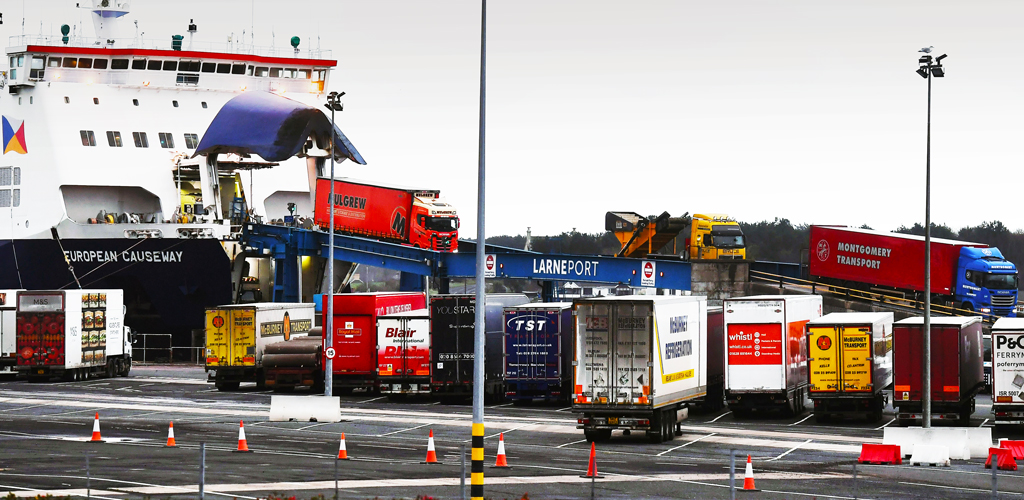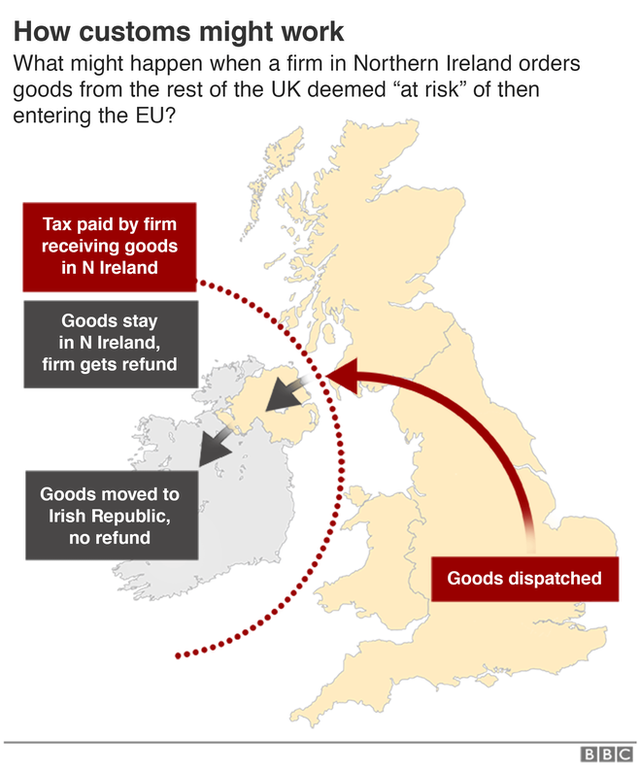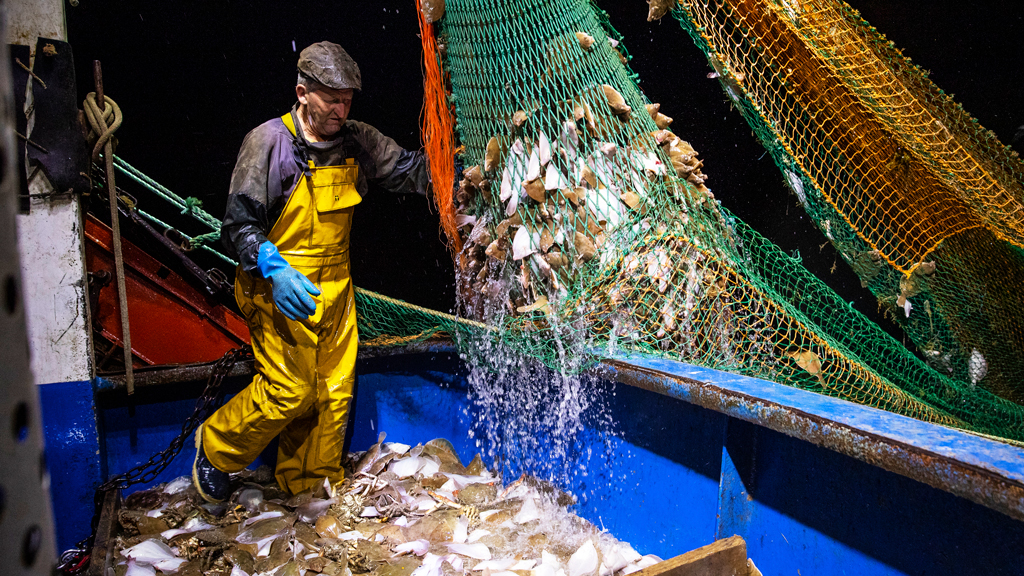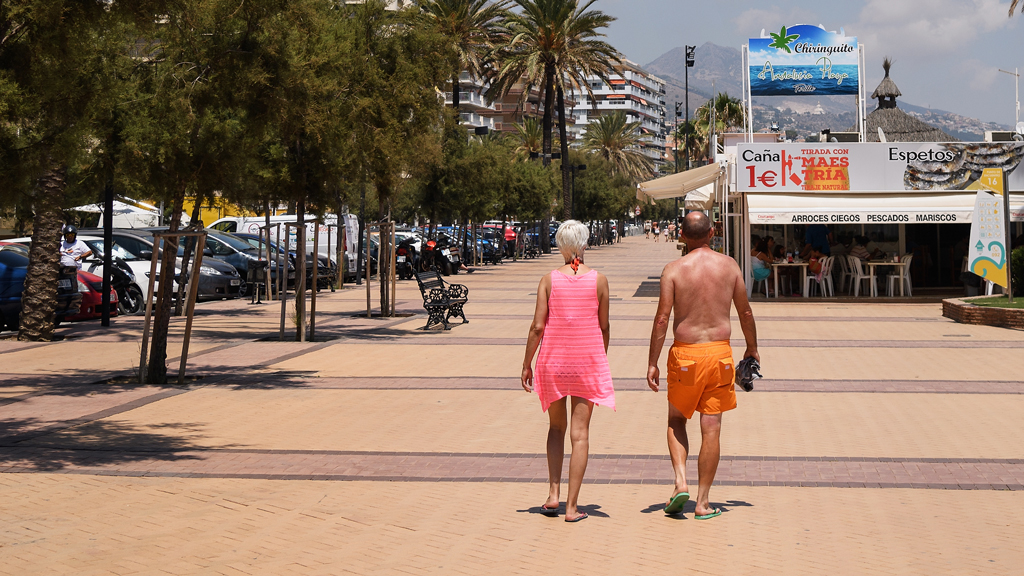By Paul Kerley
BBC News
Related Topics
Many aspects of the UK and the European Union’s future relationship remain uncertain – but we already know some things will change from 1 January 2021.
Here are some of the most important things for individual citizens to think about, and others which still remain unresolved.
1. European trips will need more planning
From January, to visit any EU country – or Switzerland, Norway, Iceland and Liechtenstein – make sure you have:
2. You’ll stand in a different queue at borders
At border control, you should use separate lanes from EU, EEA and Swiss citizens. Be prepared to show your return ticket and prove you have enough money for your stay.
Tourists will be able to travel without a visa to
Schengen area countries – which include most EU nations and Iceland, Norway, Switzerland and Liechtenstein – for up to 90 days in any 180-day period.
So, a four-day long weekend in Portugal at Easter, followed by a fortnight in France in June, would count as 18 days towards your 90-day limit.
From 2022, UK nationals must pay for an
electronic authorisation to travel to the Schengen area – similar to the ESTA system in the US.
For countries outside the Schengen zone, the rules are similar – but check with the individual country.
3. Duty-free shopping will return
You can take advantage of duty-free shopping if you travel to the EU from 2021.
The amount of tobacco and alcohol you can bring back
will be increased, but there’ll no longer be tax-free airport sales of goods like electronics and clothing.
VAT refunds for overseas visitors in UK shops will also be removed.
4. Moving to the EU? Expect more paperwork
From 1 January, free movement of people between the UK and the EU will end.
If you’re already living in an EU country, you will have certain protections under the
withdrawal agreement.
But even then, you should
check that country’s specific rules. You may need to register or apply for residency, get new documents, or meet specific requirements – like having a job.
For example, UK nationals living or planning to
live in France will need to obtain new residence permits.
If you plan to move to the EU in 2021,
check the rules for each country.
People planning to
move to Ireland will be largely unaffected, but rules on driving with a UK licence there may change if there is a no-deal Brexit.
5. New rules for EU citizens living in the UK
If you’re an EU citizen living in the UK by 31 December 2020 – or from Iceland, Liechtenstein, Norway or Switzerland – your rights will remain the same until 30 June 2021.
But you should
check if you can stay after that. You’ll need to become a
UK citizen, or apply to the
EU Settlement Scheme.
Again, because of the
Common Travel Area, rights of Irish citizens will not change.
6. There’ll be a new immigration system
From January, there’ll be new
points-based system for foreign citizens (except Irish nationals) wanting to move to the UK.
The government says it’ll treat EU and non-EU citizens equally and will aim to attract people who can contribute to the UK economy.
People wanting to move to the UK to work, live or study will have to apply, and pay for a visa. The government’s yet to announce how that’ll work, but will post
updates here.
EU, EEA and Swiss citizens won’t require a visa for tourist visits to the UK of up to six months.
There’s also guidance for UK nationals living abroad
planning to return home with family members who aren’t UK citizens.
7. Trade will be different, inside and outside the UK
England, Wales and Scotland
Importers and
exporters will need to make customs declarations, as if they were dealing with countries elsewhere in the world.
Some products, including plants, live animals and some foods, will also need
special licences and certificates. Others will have to be labelled in specific ways.
Details on what Northern Ireland businesses should do, and how goods can move around,
have been published – but the government concedes there’s still some uncertainty.
It says there’ll be full guidance by the end of December.
The UK and EU have agreed to keep an all-but-invisible border, without checkpoints, between Northern Ireland and the Republic of Ireland.
It means Northern Irish businesses can trade freely with the EU from 2021 without new paperwork or checks.
There’ll be a little bit more paperwork for goods travelling between Northern Ireland and Great Britain (England, Scotland and Wales). But the government says its proposed
Internal Market Bill – which controversially would give ministers power to change aspects of the EU withdrawal agreement – would make things easier.
Discussions between the UK and the EU on the
Northern Ireland Protocol are ongoing – but there’s likely to be more regulation for items moving from Great Britain to Northern Ireland, than the other way around.
What is still to be resolved?
Aside from trade, officials are trying to agree other things including:
- Access to fishing waters
- Licensing and regulation of medicines
- Law enforcement, data sharing and security
There’s also the matter of how influential the
European Court of Justice might be in the wording of any final agreement.
If there’s no deal, the UK would have to trade with the EU from 1 January 2021 under basic
World Trade Organisation (WTO) rules.
If you move to an EU country (except Ireland), Iceland, Norway, Liechtenstein or Switzerland from January, it’s unclear if UK pensions claimed in those countries will be uprated (increased) each year, like in the UK.
Also, some benefits may only be paid for a limited time.
The government says it’s seeking to maintain arrangements in some areas, but rules are still to be finalised.
If you’re already living in the EU, Iceland, Norway, Liechtenstein or Switzerland by 31 December, the situation is clearer.
You’ll be
covered by the withdrawal agreement and will receive any UK benefits and state pension increases as long as you stay living in the same country. You’ll also be able to start claiming a UK pension from 1 January.
Meanwhile, British people living in the EU with UK bank accounts should check for changes from January.
For people who are already
studying in an EU member state by the end of December, you should still be entitled to broadly the same ongoing support as students from that country.
Guidance is under review – but if you’re starting from January you should contact your prospective EU university
to see whether the situation is likely to change.
You should also consider visa requirements, healthcare and travel insurance.
It’s not yet known if the UK will continue in the Erasmus student exchange scheme.
UK nationals planning to study in the Republic of Ireland will continue to be covered by the
Common Travel Area arrangements.
Something you may find interesting…
[recent_products per_page="4" columns="4" orderby="rand" order="rand"]














